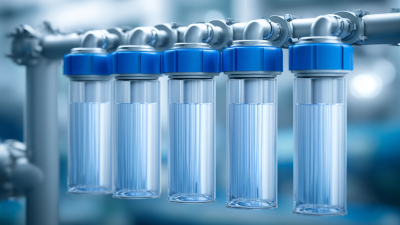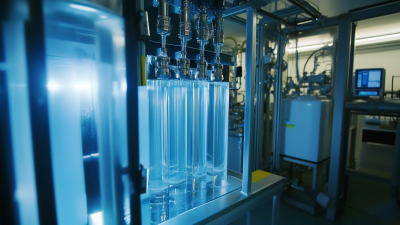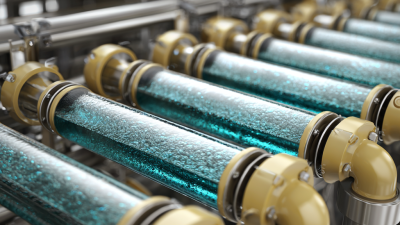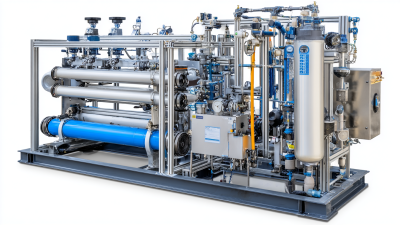Leave Your Message
Request a Quote
The 138th Canton Fair in 2025 presents a pivotal opportunity to explore the latest advancements in Nanofiltration Filter technology, standing as a testament to the rapid evolution in filtration methods within various industries. According to a report by Research and Markets, the global nanofiltration market is projected to grow significantly, reaching an estimated value of $4.83 billion by 2026, fueled by the increasing demand for efficient water treatment solutions and the rising awareness of sustainable practices.
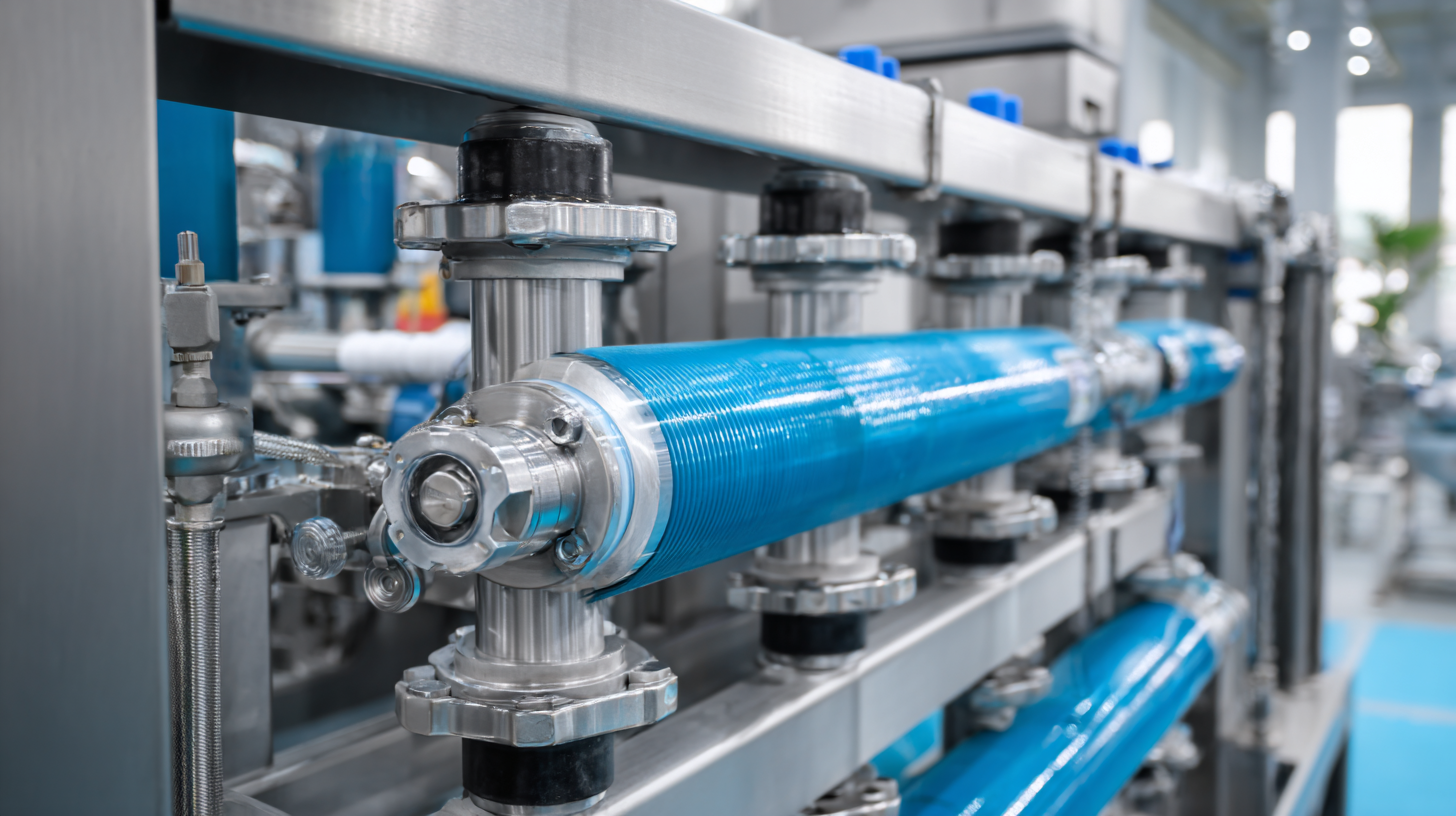
With innovations being showcased at the fair, industry professionals will gain insights into cutting-edge applications of Nanofiltration Filters, including their role in removing pollutants and improving process efficiencies. As businesses pivot towards adopting advanced filtration technologies, the Canton Fair will serve as a hub for networking and sharing knowledge, shaping the future trajectory of the nanofiltration segment in the context of global economic trends and regulatory developments.
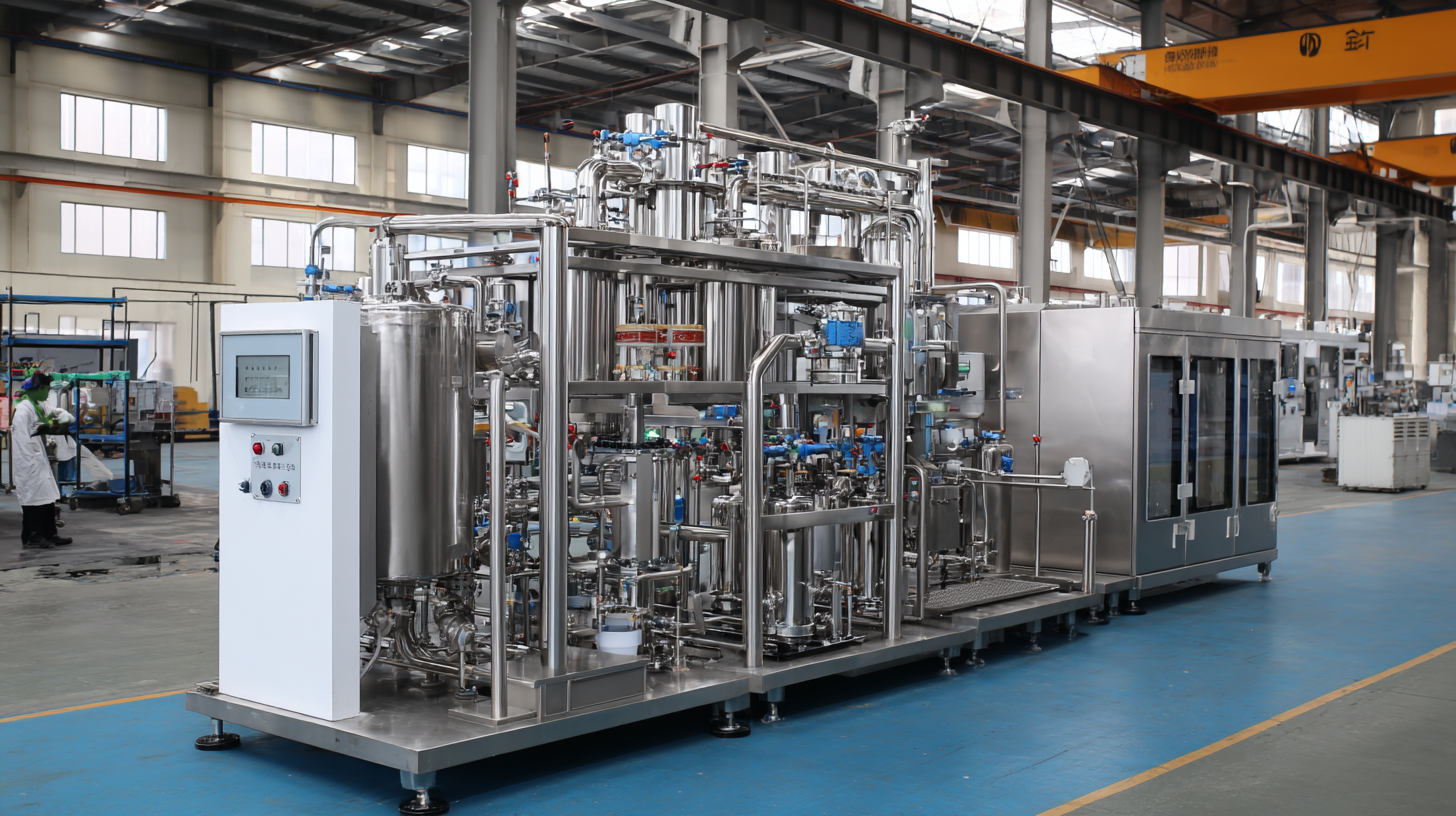 The 138th Canton Fair 2025 serves as a pivotal platform for showcasing the latest innovations in nanofiltration technologies. With a focus on sustainable and efficient water treatment solutions, exhibitors have introduced advanced filter designs that enhance performance while minimizing energy consumption. Industry leaders are demonstrating how these innovations can address pressing environmental challenges, showcasing products that not only meet rigorous regulatory standards but also provide cost-effective solutions for businesses.
The 138th Canton Fair 2025 serves as a pivotal platform for showcasing the latest innovations in nanofiltration technologies. With a focus on sustainable and efficient water treatment solutions, exhibitors have introduced advanced filter designs that enhance performance while minimizing energy consumption. Industry leaders are demonstrating how these innovations can address pressing environmental challenges, showcasing products that not only meet rigorous regulatory standards but also provide cost-effective solutions for businesses.
In addition to the impressive array of technologies on display, attendees can gain valuable insights into emerging trends within the nanofiltration sector. One notable trend is the integration of smart technology, allowing real-time monitoring and maintenance alerts, which can significantly reduce operational costs. Additionally, the focus on eco-friendly materials promises to revolutionize how filtration solutions are developed, ensuring they are both technologically advanced and sustainable.
Tips: When exploring nanofiltration options, look for filters that provide a balance between efficiency and environmental impact. Always inquire about the maintenance and operational costs related to new technologies, as they can vary widely. Furthermore, consider participating in workshops during the fair to deepen your understanding of how these innovations can be applied in real-world scenarios.
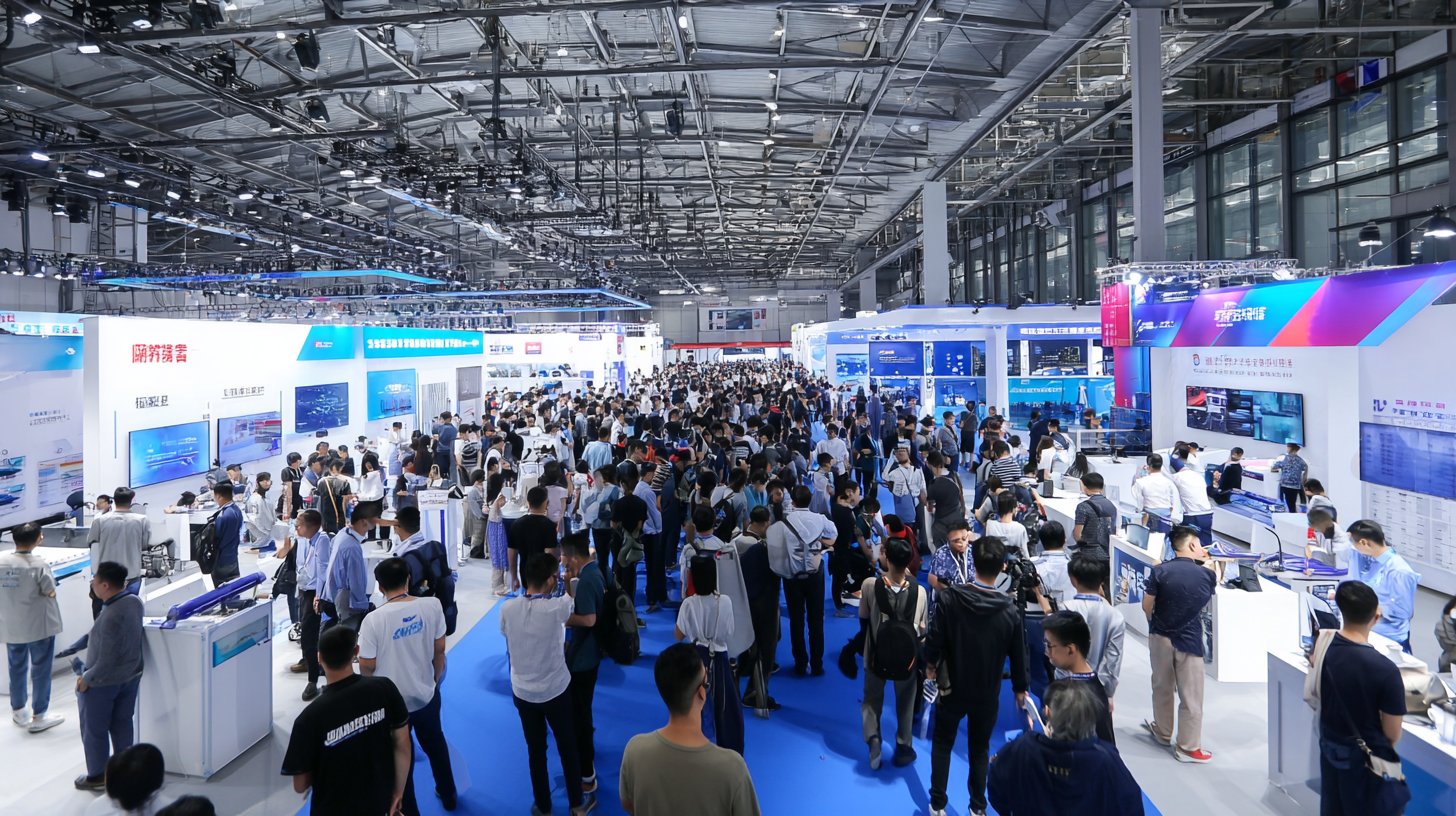 The 138th Canton Fair in 2025 is set to showcase exciting innovations in nanofiltration, crucial for industries seeking efficient and sustainable solutions. Key players in the nanofiltration sector are stepping up, responding to the market's projected growth. Reports indicate that the Nanofiltration Membranes Market is anticipated to reach USD 2.6 billion, highlighting a significant leap from previous years as demand for advanced filtration solutions rises.
The 138th Canton Fair in 2025 is set to showcase exciting innovations in nanofiltration, crucial for industries seeking efficient and sustainable solutions. Key players in the nanofiltration sector are stepping up, responding to the market's projected growth. Reports indicate that the Nanofiltration Membranes Market is anticipated to reach USD 2.6 billion, highlighting a significant leap from previous years as demand for advanced filtration solutions rises.
As companies like those recognized with sustainability awards lead the charge, the emphasis on eco-friendly nanot technologies is clearer than ever. This emerging trend aligns with broader environmental goals, especially within the pharmaceutical filtration market, which has seen substantial expansion due to heightened safety standards and efficiency demands.
Tips: When exploring nanofiltration advancements, consider the technology's scalability and integration potential across various applications, from water treatment to energy production. Additionally, keep an eye on the growing importance of compliance with sustainability practices as key industry players develop their products to meet evolving market trends.
The nanofiltration systems market is poised for substantial growth, particularly in the realm of water treatment. With the increasing demand for clean water solutions, industry projections indicate significant expansion in this sector. Reports suggest that the medical filtration market alone is expected to reach USD 9.35 billion by 2030, highlighting the broader trend of rising investment in filtration technologies.
This trend is largely driven by the need to meet stringent regulations regarding water quality and contamination control, which further enhances the appeal of nanofiltration systems.
In addition, the ultrapure water treatment systems market reflects a staggering growth trajectory, with estimates forecasting a rise from USD 10.42 billion in 2024 to USD 15.95 billion by 2033. This 53.9% growth underscores the essential role that advanced filtration technologies, such as nanofiltration, will play in addressing water treatment challenges.
The PFAS filtration market further complements this growth narrative, with projections indicating it will reach USD 2.99 billion by 2030. Such data not only illustrates the mounting opportunities in the filtration market but also emphasizes the urgent need for innovation in filtering technologies to support these increasingly stringent demands in various sectors.
As the 138th Canton Fair approaches in 2025, the spotlight on nanofiltration innovations intensifies, particularly under the influence of evolving regulatory frameworks. Regulatory bodies worldwide are increasingly prioritizing water quality and sustainability, leading to a greater push for technologies that enhance filtration efficiency while reducing environmental impact. According to a report by MarketsandMarkets, the global nanofiltration market is projected to reach $6.8 billion by 2025, growing at a CAGR of 7.6%. This growth trajectory is largely driven by stringent regulations that govern water treatment and industrial wastewater management.
In 2025, regulations will likely continue to shape the innovation landscape for nanofiltration technologies. As per a study by the International Water Association, approximately 70% of water treatment facilities are expected to adopt advanced filtration systems due to compliance mandates. These regulatory influences not only catalyze technological advancements but also promote the integration of nanofiltration systems in various sectors, including municipal water purification, food and beverage processing, and chemical manufacturing. Such shifts will encourage manufacturers to develop innovative solutions that meet upcoming compliance standards while enhancing overall filtration performance.
The 138th Canton Fair in 2025 highlights the remarkable advancements in nanofiltration technology, showcasing successful applications across diverse industries. One notable case study comes from the food and beverage sector, where nanofiltration membranes are employed to enhance the quality of products while reducing waste. By effectively removing unwanted solutes without losing essential nutrients, manufacturers can achieve higher purity levels and prolong shelf life, reflecting a growing trend towards sustainability and efficiency.
Another compelling example is found in the pharmaceutical industry, where nanofiltration plays a critical role in drug purification processes. Pharmaceutical companies are leveraging this technology to filter out impurities and ensure the safety and efficacy of their products. This innovation not only meets stringent regulatory requirements but also addresses the pressing need for higher production yields. As industry leaders share their success stories at the Canton Fair, it becomes evident that nanofiltration is not just a technological advancement but a pivotal component in driving industrial progress and eco-conscious practices.
